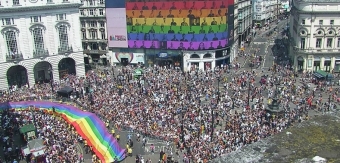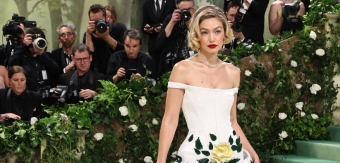According to Ofcom, we check our phones on average every 12-minutes and are bombarded daily with between 4,000 and 10,000 messages. Separate research shows we tap our phones 2,617 times and scroll through 362 feet of content a day. In many cases, we spend longer on our screens than sleeping.
So brands are no longer competing for share of eyeballs purely with competitors from their category. Their competitors are now any form of technology and entertainment. Even Netflix feels this pinch. In a recent shareholder update, they said competition isn’t coming from other streaming platforms, but gaming. Fortnite is their biggest threat.
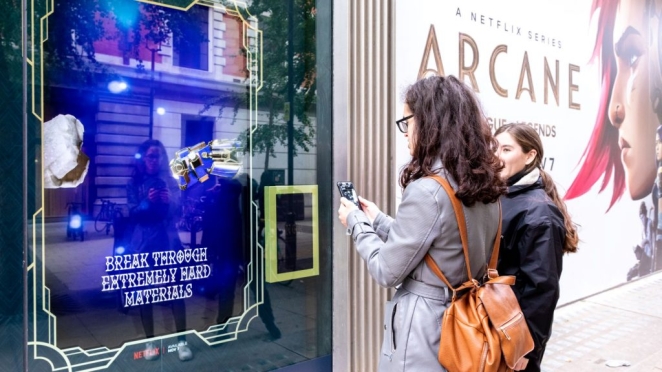
So it’s not surprising traditional product-based advertising is no longer cutting through, especially with the forthcoming generation of Gen Z consumers who – having grown-up in a world of on-demand, digital content and tech – are more selective about how they spend their attention and time. And Gen Alphas, of which there will be 2-billion by 2025, will be even harder to reach because they’re the first generation to have been always digitally connected.
This explains why CMOs are increasingly turning to brand experience as a way to grab attention in our attention-scarce economy. Experiences have more potential to entertain than an 8-second (the average human attention span) piece of content. Savvy brands have figured out that in order to sell product, they have to stop trying to sell product. Instead, they have to invite consumers in, entertain them, give them value, earn their time and consideration.
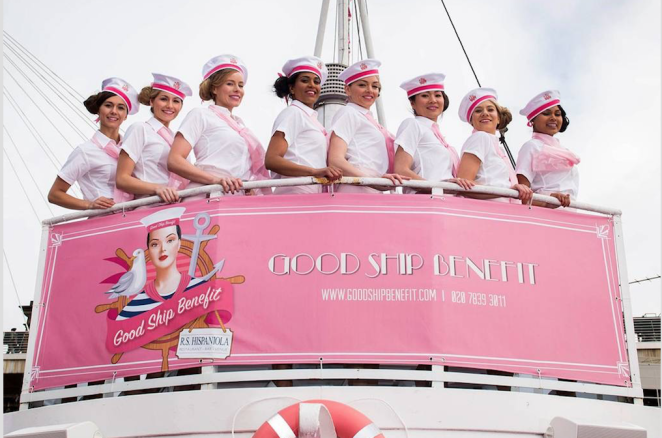
In a recent study by Dentsu, 87% of CMOs agreed that brands are built through experiences. Consumer data backs this up. Studies show a 141% increase in search intent for experience brands in the last 15 years. Our own behavioural science research drills deeper still by highlighting how entertainment is an innate psychological need for humans.
Experiences offer a far more effective vehicle for entertainment than product-based ads because they enable full brand immersion. Such experiences foster emotional connections, stimulate all the senses and tell stories that trigger mirror neurons in our brains, ensuring consumers experience the story empathetically. In short, experiences tap into established behavioural frameworks to build emotional arousal and so embed the memory in the mind of the consumer.
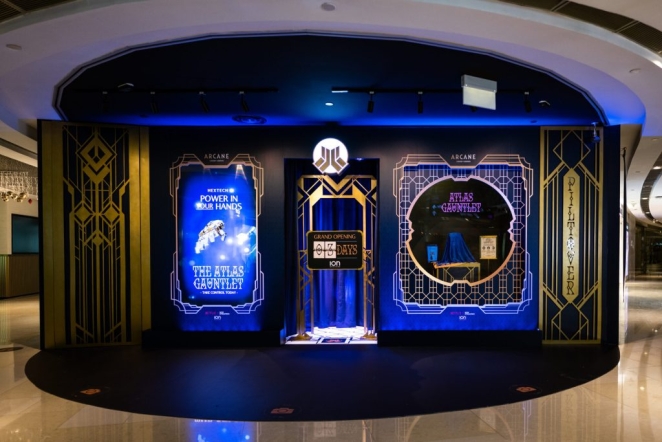
Even at mass events, experiences can be personalised to make recipients feel like the brand is talking to only them. Consumers can be encouraged to lean in, co-create and engage on a deeper level. They can tap into the innate human need for social stimulation and social proof – thereby creating tribes and communities, gifting status and kudos to attendees.
This explains why a study by Overskies found 85% percent of consumers are more likely to make a purchase after participating in a brand’s experience or event. The same number report a good brand experience will lead to a purchase intention. But perhaps the most impressive stat is that 91% of consumers are more inclined to purchase a product or service after participating in the brand’s activation or experience.
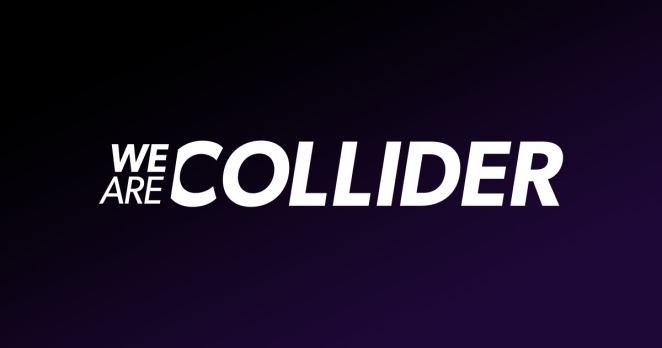
What’s more, a study by Cramer, found that on average people who participate in a brand experience will tell 17 other people about it. Such brand advocacy is priceless because 92% of consumers are more likely to trust their peers when making purchase decisions.
So the evidence is compelling: experiential marketing is more effective than product marketing. But if you’re still not convinced, ask yourself this: when was the last time you saw a product-based ad that made you want to buy said product? I rest my case.
By Anton Jerges, CEO/Founder @ We Are Collider


